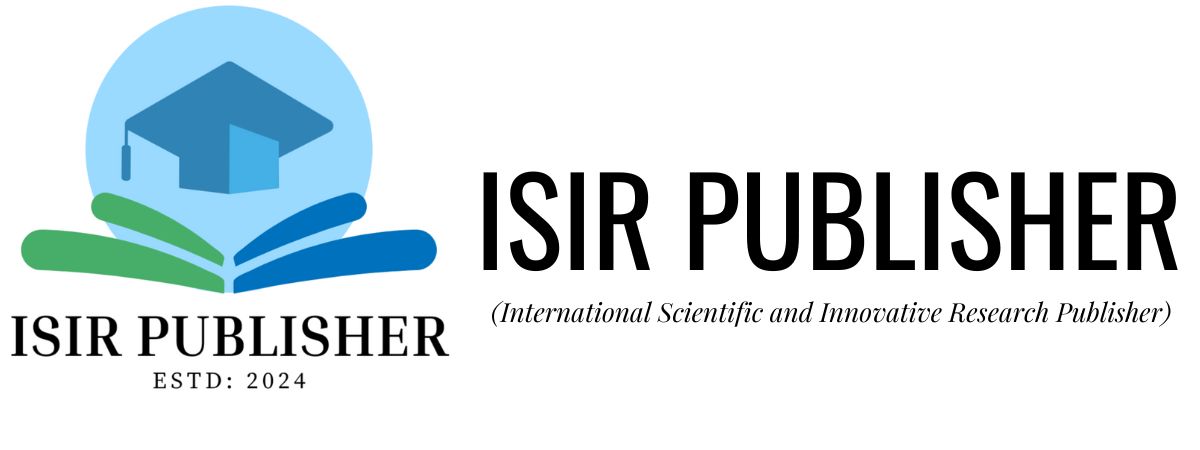Malaria remains a significant global health burden, with millions affected annually, despite significant advancement in the fight against malaria, nearly half of the global population remains at risk of contracting the disease. Developing an effective malaria vaccine has long been a daunting challenge for medical science. In 2021, the World Health Organization (WHO) approved the RTS, S/AS01 vaccine for widespread use, The RTS, S/AS01 vaccine, which has completed Phrase testing and received a favorable assessment, is a significant achievement in malaria vaccine development. Marking a major milestone in malaria vaccine development. This paper provides an overview of the progress made in malaria vaccine development, highlighting the challenges, successes, and future directions in the quest to combat this devastating diseases, including, pre-erythrocytic Vaccines; Targeting parasite proteins, such as: Circumsporozoite protein (CSP), Thrombospondin-Related Adhesion protein (TRAP),Liver Stage Antigen (LSA).Blood Stage Vaccines: Targeting: Merozoite Surface Protein 1 (MSP-1), Apical Membrane Antigen 1 (AMA-1),Erythrocyte-Binding Antigen (EBA). Transmission-Blocking Vaccines: Focusing on antigens expressed on: Gametes, Zygotes, Ookinetes.
Keywords: Plasmodium falciparum, Malaria, Vaccine, Pre-erythrocytic Vaccines, Blood Stage Vaccines, Transmission-Blocking Vaccines

